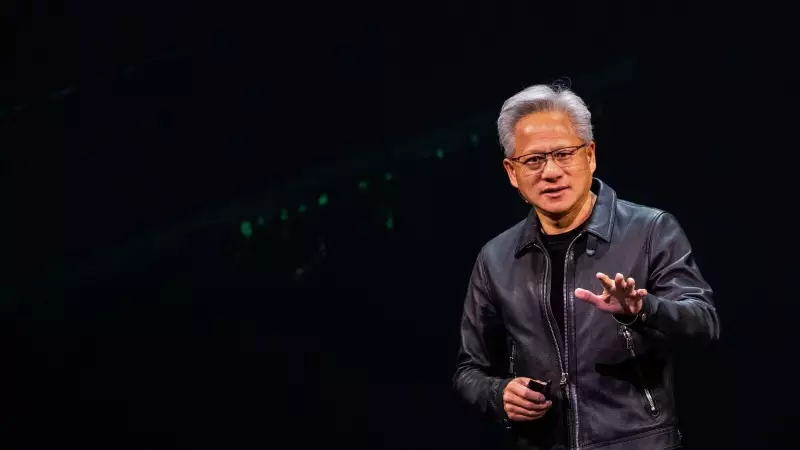
In a significant development that underscores the geopolitical importance of artificial intelligence technology, NVIDIA CEO Jensen Huang made a high-profile appearance at the APEC economic leaders' summit in South Korea. The tech visionary's presence at this diplomatic gathering signals how AI chips have become central to global power dynamics.
Tech Meets Diplomacy at APEC Summit
The Asia-Pacific Economic Cooperation summit, typically dominated by political leaders, saw an unusual but telling participant in Jensen Huang. His attendance comes at a crucial time when NVIDIA's cutting-edge AI processors sit at the heart of escalating tensions between the United States and China.
The summit provided a backdrop for potential discussions about the future of AI technology trade, with both former US President Donald Trump and Chinese President Xi Jinping in attendance. While no formal meetings between Huang and these leaders were confirmed, the gathering represented a rare convergence of technology and high-level diplomacy.
AI Chips: The New Strategic Asset
NVIDIA's advanced semiconductors have become arguably the most sought-after technology in the artificial intelligence revolution. The company's graphics processing units (GPUs) power everything from ChatGPT to advanced military systems, making them subject to intense geopolitical scrutiny.
The United States has implemented increasingly strict export controls on high-end AI chips to China, significantly impacting NVIDIA's business in one of its largest markets. These restrictions have forced the company to develop modified versions of its chips specifically for the Chinese market that comply with US regulations.
What's at Stake for Global AI Development
The presence of a tech CEO at such a high-level diplomatic event highlights several critical developments:
- AI chips have become strategic national assets comparable to traditional energy resources
- Technology companies are now key players in international relations and trade negotiations
- The future of AI development globally depends heavily on access to advanced semiconductors
- US-China technological competition is reshaping global supply chains and innovation pathways
The Broader Implications for Tech Industry
Huang's participation in the APEC summit reflects a growing trend where technology leaders are increasingly involved in geopolitical matters. As AI continues to transform economies and national security apparatuses worldwide, companies like NVIDIA find themselves at the intersection of commerce and international policy.
The outcome of these diplomatic discussions could significantly influence how AI technology develops globally, who controls critical components of the AI supply chain, and whether the world moves toward technological cooperation or fragmentation.
With NVIDIA's market value soaring past most traditional companies, Huang's seat at the diplomatic table marks a new era where tech innovators wield influence comparable to political leaders in shaping the future of global technology governance.





